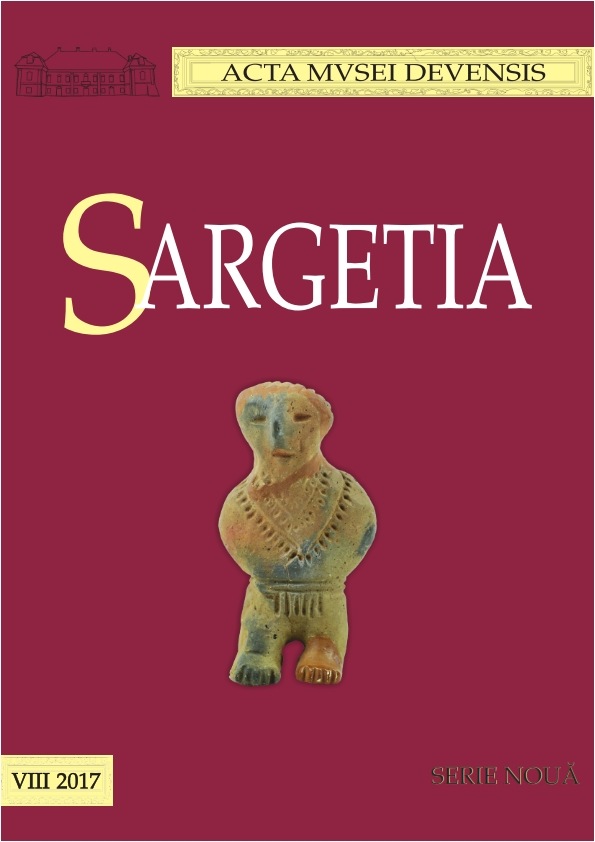Omul din spatele Orei 25. Constantin Virgil Gheorghiu în dosarele Securităţii
The Man Behind the 25th Hour. Constantin Virgil Gheorghiu in the Securitate Files
Author(s): Maxim (Iuliu-Marius) MorariuSubject(s): History, Recent History (1900 till today), Post-War period (1950 - 1989)
Published by: Editura Altip
Keywords: Securitate; surveillance; Romanian exile; Romanian Orthodox Patriarchy; Justinian Marina
Summary/Abstract: In this research, based on the documents provided by the National Council for the Study of Securitate Archives (CNSAS), but also on many other information from sources like diaries (Monica Lovinescu, Virgil Ierunca, or Neagu Djuvara ones), Mircea Eliade's correspondence, documents from personal archive of Thierry Gillyboeuf, the legatee of Virgil Gheorghiu, studies and articles (dedicated specially to Gheorghiu's literary work, his life and activity, Monica Lovinescu's biography and activity as translator, radio reporter or writer, or to the interwar literature and s.o.), the author presents the way how the image of Virgil Gheorghiu is reflected in the documents of the Securitate Archives (in a few dossiers from External Securitate Service, that contain the surveillance reports about the aforementioned writer, information about his life, his relationships with other members of Romanian exile from Paris, other important Romanian or foreign personalities and s.o.), but also information about his most important book (which was, soon after its publication from 1948, at Plon Press from Paris, translated in 33 languages and later, screened with Anthony Queens as a principal character, in 1967, at almost two decades after the first edition published in France in Feux Croises collection).Important writer of the Romanian exile from France, author of the known book 25th Hour, translated, as we have already mentioned, in many languages and screened, but also of books like The second chance, The Cravache, From the 25th hour to the hour of eternity, God receives only in the Sundays, The skin coat, The great exterminator or Why did they have told me Virgil, where he denounces the horrors of communist regime from Romania (but also some abuses of the Nazis one), Gheorghiu was also a controversial personality. His conflict with Monica Lovinescu (that has accused him for not paying their translation rights and, because he refused to accept their accusations and have lost a process, determined Virgil Ierunca, her husband, to start to discredit him, by translating some parts of his younger works like The banks of the Dniester are burning and I fought in Crimeea, written during the Second World War, where he speaks about legionaries, Nazi soldiers and Jewish people, and presenting him as a sympathizer of the first two categories), transformed him into an isolated Romanian personality of the exile. This is the reason why, now, he is not enough investigated by the contemporary researchers, and important aspects of his biography must be rediscovered, and the reason of this research.
Journal: Sargetia. Acta Musei Devensis
- Issue Year: 2017
- Issue No: 8
- Page Range: 373-381
- Page Count: 9
- Language: Romanian

